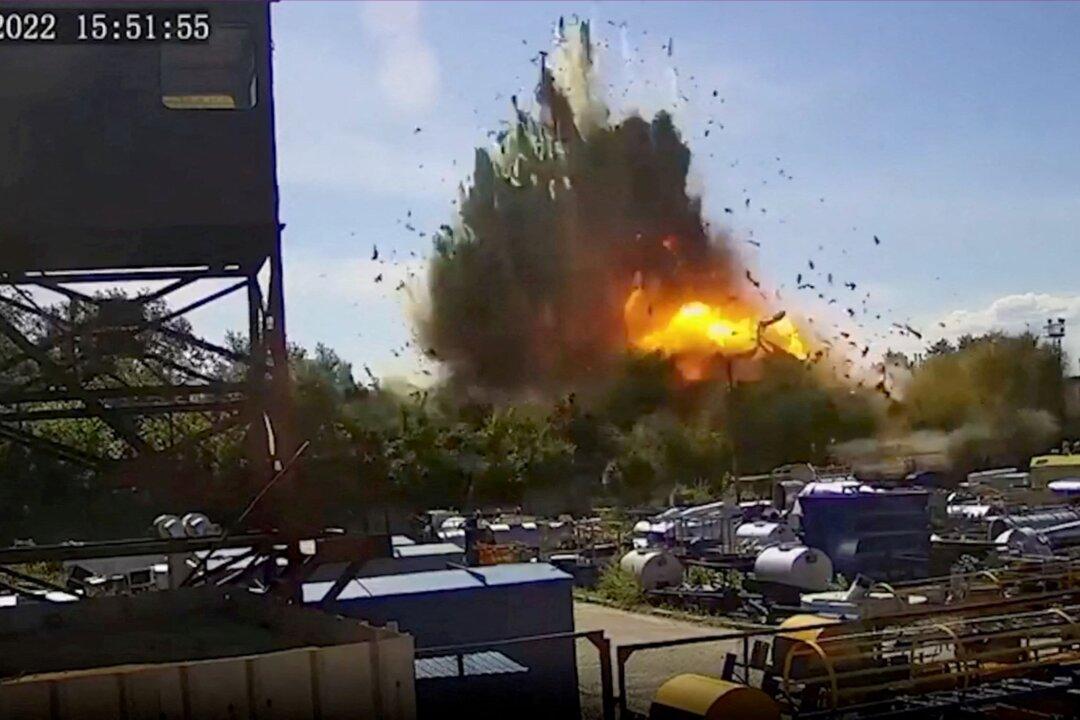News Analysis
In the year since Russia launched its “special military operation” in Ukraine, the international arena has become more complex—and more dangerous.

In the year since Russia launched its “special military operation” in Ukraine, the international arena has become more complex—and more dangerous.